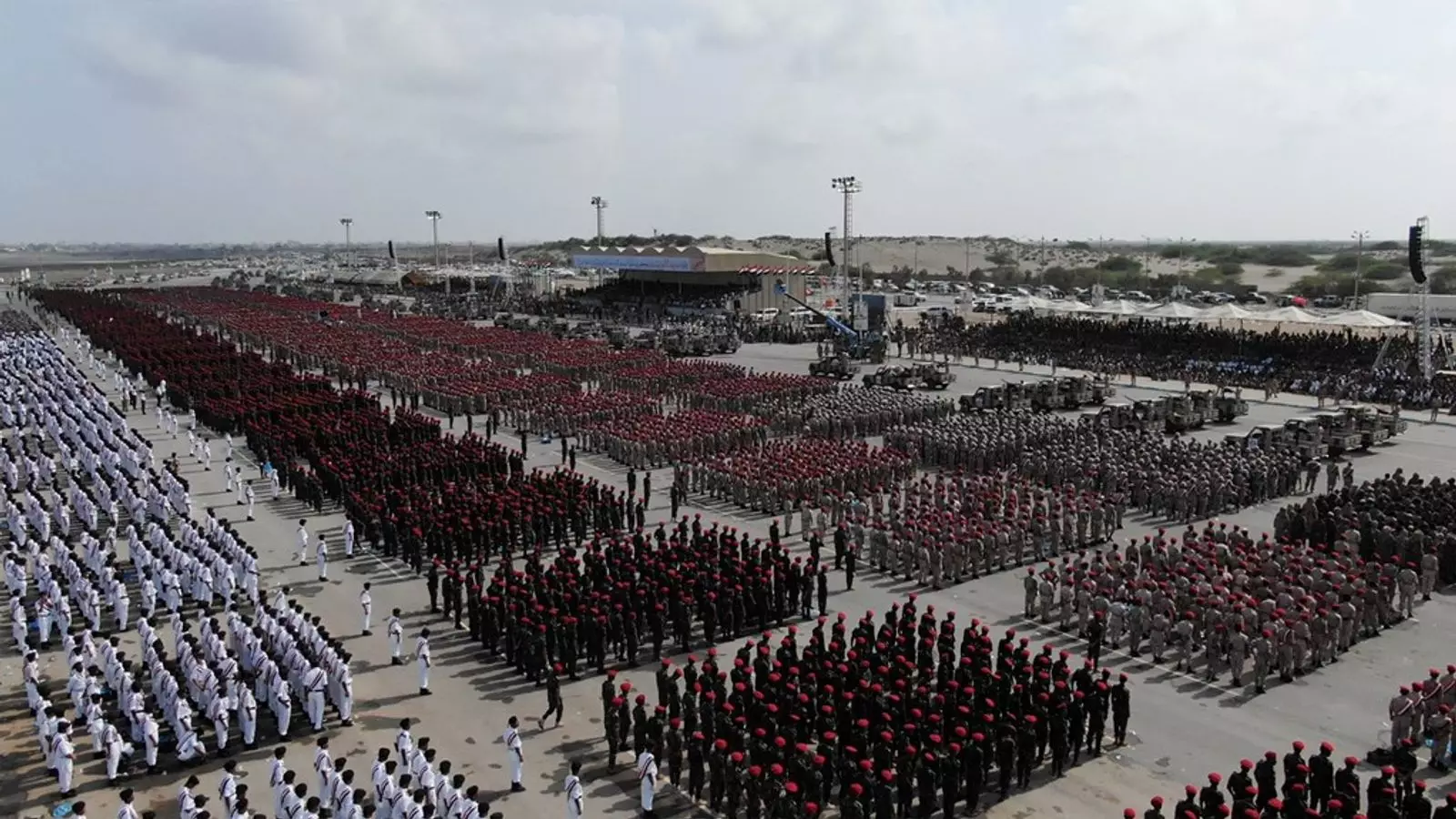Rishi Sunak, the Chancellor of the Exchequer, is leading a full cabinet call this evening to discuss the possibility of UK and US military strikes against Yemen’s Houthi rebels. The meeting, which started at 7.45pm, includes senior figures such as Foreign Secretary David Cameron. This development follows a series of attacks in the Red Sea by Houthi fighters, which has raised concerns about the region’s stability. The meeting is expected to address the rising Houthi attacks on commercial vessels in the Red Sea and the potential impact on global shipping.
In addition to the cabinet call, Rishi Sunak recently spoke with Egyptian President Abdul Fattah al-Sisi concerning the Houthi attacks. They discussed the concerning rise in attacks on commercial vessels and the disruptive impact on global shipping, including through the Suez Canal. The Prime Minister, who participated in the conversation, emphasized the UK’s commitment to defending freedom of navigation and protecting lives at sea. These discussions highlight the international concern surrounding the Houthi attacks and the need for a coordinated response.
The recent attacks by Houthi fighters, both on Israel and commercial ships in the Red Sea, have led to fears of a wider conflict in the region. On Tuesday, a British warship, in collaboration with US forces, repelled the largest drone and missile attack to date by shooting down seven drones. The warning issued by the United States, the UK, and other partners a week ago for the group to cease targeting commercial shipping seems to have been ignored. This disregard for warnings has prompted Defense Secretary Grant Shapps to accuse Iran of meddling in the region and declare “enough is enough.” The possibility of military action by the UK is now being seriously considered.
While Downing Street has not made an official announcement, insiders suggest that a UK-US response to the Houthi attacks is imminent. The urgency of the cabinet meeting, which was called without advanced notice, indicates a moment of national importance. According to Sir William Patey, a former ambassador to several Middle Eastern countries, the Americans have put military options on the table and are inviting the UK to participate. The possibility of a military response is further supported by the consideration of viable targets within Houthi-run territory in Yemen.
The prospect of military action raises important questions about parliamentary approval. Veteran left-wing MP John McDonnell argues that any decision to take military action should not proceed without parliamentary approval. He emphasizes the dangers and unforeseen consequences of military intervention in the Middle East, urging caution in the decision-making process. However, the deployment of the Armed Forces currently falls under the government’s prerogative power, which allows them to proceed without a parliamentary vote. In recent years, there has been an increasing debate on whether military action should require parliamentary approval, with the 2013 vote against military action in Syria as a turning point.
As the cabinet meeting unfolds, the US has confirmed the occurrence of a 27th Houthi attack on international shipping since November 19th. The attack took place in the Gulf of Aden, with no reported injuries or damage. However, the US military confirmed that UK and US forces successfully intercepted and downed 18 one-way attack drones, two anti-ship cruise missiles, and one anti-ship ballistic missile. Brigadier General Pat Ryder highlighted the presence of numerous commercial ships in the area at the time of the attack. The international community is growing increasingly concerned about the economic impact of these attacks, as they disrupt shipping routes through the vital Red Sea.
The cabinet call led by Rishi Sunak signifies the seriousness with which the UK government is approaching the Houthi attacks. The possibility of UK-US military strikes on the Houthi rebels in Yemen is being actively discussed. As tensions escalate and concerns about the security of shipping routes in the Red Sea grow, a coordinated international response becomes imperative. The decision on whether to engage in military action will undoubtedly face scrutiny in terms of parliamentary approval and potential consequences. The implications of these deliberations extend beyond the region, as global shipping and trade hang in the balance.


Leave a Reply